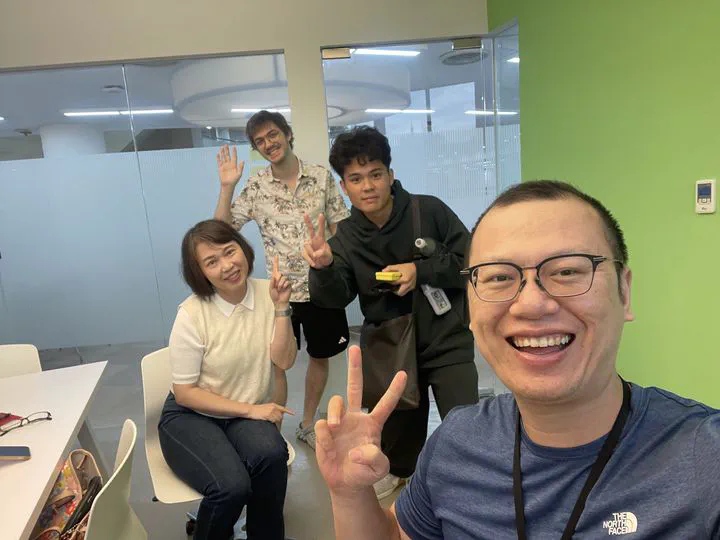Cybernetics English Reading Clubs
 English Reading Clubs with Ying-Chu Chen
English Reading Clubs with Ying-Chu Chen
Ying-Chu Chen recently participated in an English Reading Club session that embarked on an intellectual exploration of cybernetics, a profoundly influential, if often misunderstood, interdisciplinary field. The group began by defining the discipline as coined by Norbert Wiener: the study of regulatory mechanisms, communication, and control within complex systems, whether living organisms, machines, or social structures.
The reading group’s discussion transcended the pop-culture caricature of cyborgs. Instead, participants, including Ying-Chu, engaged with the foundational principles that govern how systems self-regulate, adapt, and pursue goals. Their textual analysis centered on the ubiquitous concept of the feedback loop, the mechanism by which a system’s output is “fed back” as input. They dissected seminal works to distinguish between deviation-correcting (negative) feedback, which ensures stability (homeostasis), and deviation-amplifying (positive) feedback, which drives exponential change.
Furthermore, the attendees grappled with the field’s sophisticated evolution, contrasting “first-order” cybernetics (the objective observation of external systems) with “second-order” cybernetics, which compellingly implicates the observer within the system being studied. The group acknowledged that this framework is no mere historical artifact but rather the conceptual progenitor of modern artificial intelligence, systems biology, computational neuroscience, and management theory.
The discussions challenged the participants to synthesize these abstract models and apply them rigorously, collectively exploring how these concepts illuminate cognitive processes, ecological resilience, or the emergent behavior of algorithms. It was a high-level discourse that successfully dissected the complex architecture of control underpinning the modern world.